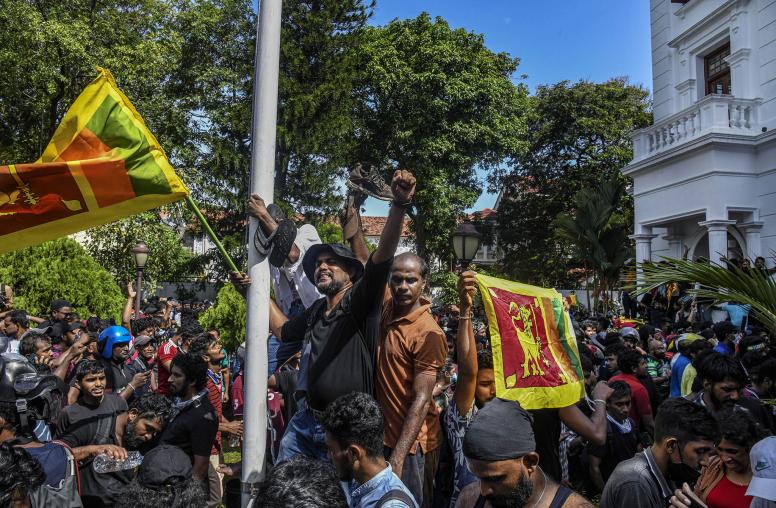After COP27, What’s Next for South Asia?
The outcomes of the 27th U.N. Climate Change Conference (COP27) will be of particular interest for South Asian countries, as many in the region are especially vulnerable to climate change and climate related disasters. Whether it’s stronger monsoons and cyclones — like those that triggered unprecedented floods in Pakistan — or more intense heatwaves and winters, these events will severely disrupt communities and spark food insecurity, public health crises and migration. National governments will face new challenges in delivering essential services to their populations as they recover from disasters, sparking new threats to stability and security both within their borders and in the region at large.
On November 30, USIP hosted a conversation with Ambassador Daniel Feldman, the former chief of staff and counselor to Special Presidential Envoy for Climate John Kerry. Ambassador Feldman, who attended COP27, offered his insights from the trip and discussed how the conference’s focus on climate justice, climate financing, and debt-for-climate swaps will impact South Asian countries.
Continue the conversation on Twitter using #SouthAsiaClimate.
Speakers
Ambassador Daniel Feldman
Former Chief of Staff and Counselor to Special Presidential Envoy for Climate John Kerry
Tamanna Salikuddin, moderator
Director, South Asia Programs, U.S. Institute of Peace



